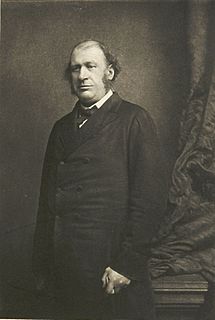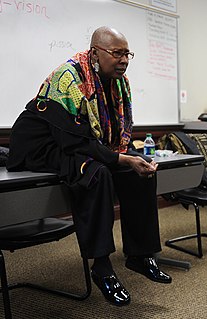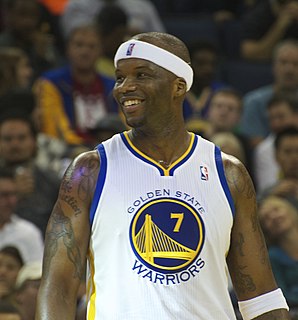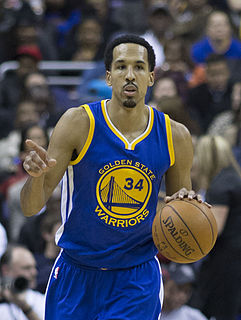A Quote by Greg Smith
The true nature of mankind comes down to a simple question: 'Do we teach children how to be good or how to be bad?'
Related Quotes
I've been making a list of the things they don't teach you at school. They don't teach you how to love somebody. They don't teach you how to be famous. They don't teach you how to be rich or how to be poor. They don't teach you how to walk away from someone you don't love any longer. They don't teach you how to know what's going on in someone else's mind. They don't teach you what to say to someone who's dying. They don't teach you anything worth knowing.
Science tries to answer the question: "How?" How do cells act in the body? How do you design an airplane that will fly faster thansound? How is a molecule of insulin constructed? Religion, by contrast, tries to answer the question: "Why?" Why was man created? Why ought I to tell the truth? Why must there be sorrow or pain or death? Science attempts to analyze how things and people and animals behave; it has no concern whether this behavior is good or bad, is purposeful or not. But religion is precisely the quest for such answers: whether an act is right or wrong, good or bad, and why.
To me this question whether liberty is a good or a bad thing appears as irrational as the question whether fire is a good or a bad thing. It is both good and bad according to time, place, and circumstance, and a complete answer to the question, In what cases is liberty good and in what cases is it bad? would involve not merely a universal history of mankind, but a complete solution of the problems which such a history would offer.
You've never seen me debate anybody. On anything. Ever. My investment of time, as an educator, in my judgment, is best served teaching people how to think about the world around them. Teach them how to pose a question. How to judge whether one thing is true versus another. What the laws of physics say.
We don't think much about how our love stories will affect the world, but they do. Children learn what's worth living for and what's worth dying for by the stories they watch us live. I want to teach our children how to get scary close, and more, how to be brave. I want to teach them that love is worth what it costs.

































